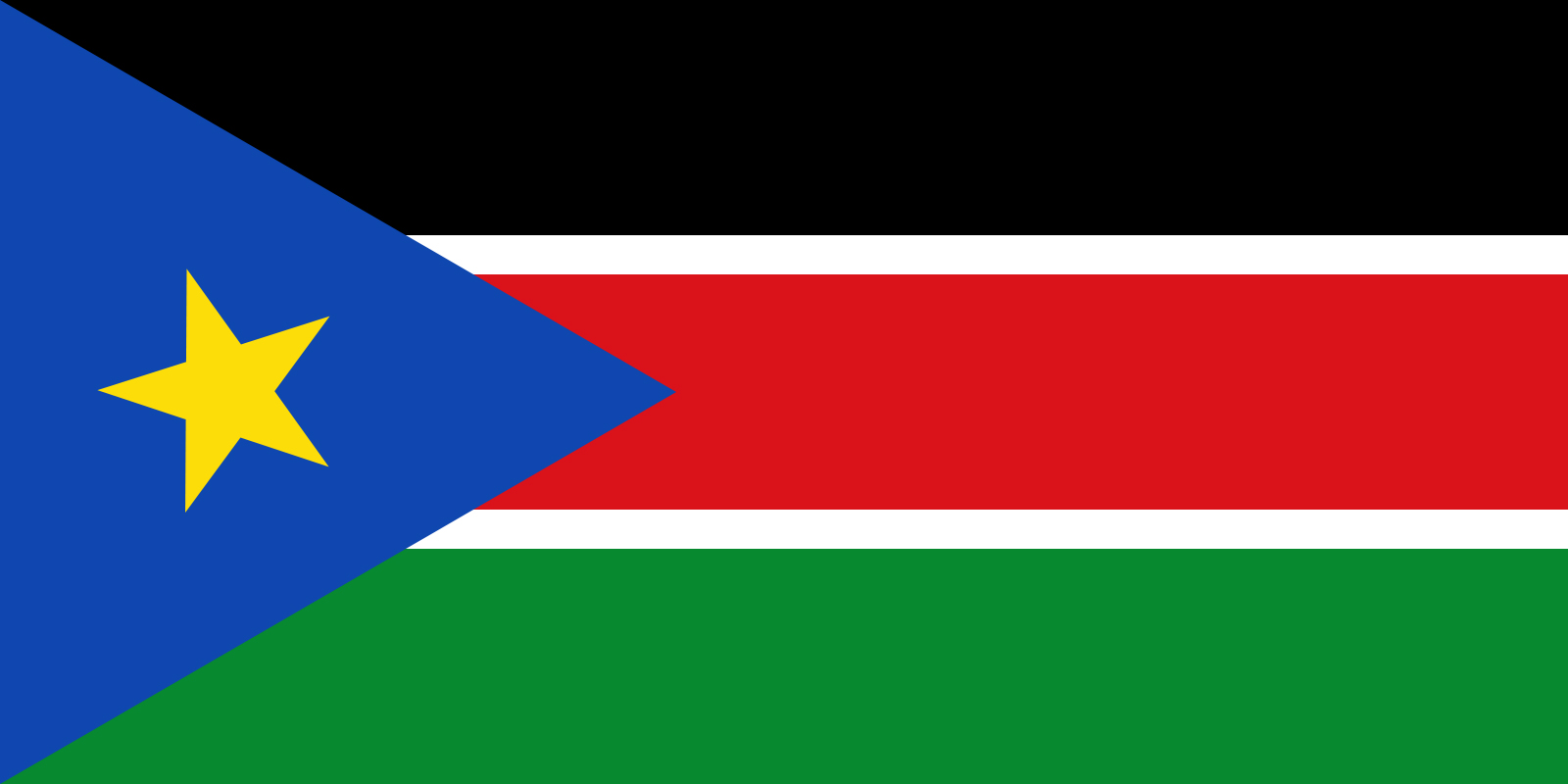By adopting a resolution entitled “Advancing human rights in South Sudan,” the UN Human Rights Council ensured that international scrutiny of South Sudan’s human rights situation will cover the country’s first-ever national elections, which are set to take place in December 2024. With this resolution, which DefendDefenders welcomes, the UN’s top human rights body extended the mandate of its Commission on Human Rights in South Sudan (CHRSS).
“This resolution comes as South Sudan is headed for elections in a context marked by violence, pervasive impunity for past and ongoing abuses, and risks of relapse into large-scale conflict,” said Hassan Shire, Executive Director, DefendDefenders. “Investigations, collection and preservation of evidence, and work towards accountability remain vital.”
The resolution adopted today (A/HRC/55/L.20/Rev.1) mentions a range of human rights concerns and violations committed in South Sudan. It extends the CHRSS’s mandate for one year, enabling it to continue its investigations, including identification of perpetrators, reporting, and technical advice. The resolution had been negotiated since the opening of the Council’s 55th regular session (HRC55).
Ahead of the session, over 90 South Sudanese, African, and international civil society organisations highlighted that as elections loom and risk factors of further violations are significant, the Council should not relax its scrutiny. In a letter, they expressed concerns over the absence of key conditions for the holding of free, fair, and credible elections, violence and impunity, the humanitarian crisis, and the cross-border impact of the conflict in Sudan.
Their concerns are exacerbated by uncertainty over security arrangements, electoral institutions, and South Sudan’s economy. In February 2024, a key oil pipeline, which passes through neighbouring Sudan, was damaged, which could result in a halt in oil production and massive loss of revenues.
During the Council’s 55th session, the CHRSS reported that “unchecked mass violence and entrenched repression in South Sudan threaten[ed] the prospects of durable peace and human rights protections” and deplored “a lack of political will to implement the measures necessary to improve millions of lives.” The Commission’s last report found that “patterns of violations remain[ed] unchanged, ever increasing because the root causes remain unaddressed.”
The Council is holding its 55th session, the longest in its history with six weeks, from 26 February to 5 April 2024. It is expected to adopt over 30 resolutions on both country situations and themes, including Belarus, Iran, the Occupied Palestinian Territory, Ukraine, or the impact of disinformation on human rights. As in the last three years, a second resolution on South Sudan, drafted by the country’s government itself and focusing on “technical assistance,” is expected to be adopted by consensus. Civil society has highlighted its inadequate and insufficient character.
For more information, please contact:
Estella Kabachwezi
Advocacy, Research and Communications Manager, DefendDefenders
[email protected] or +256 782 360 460 (English)
Nicolas Agostini
Representative to the United Nations for DefendDefenders
[email protected] or +41 79 813 49 91 (English and French)

